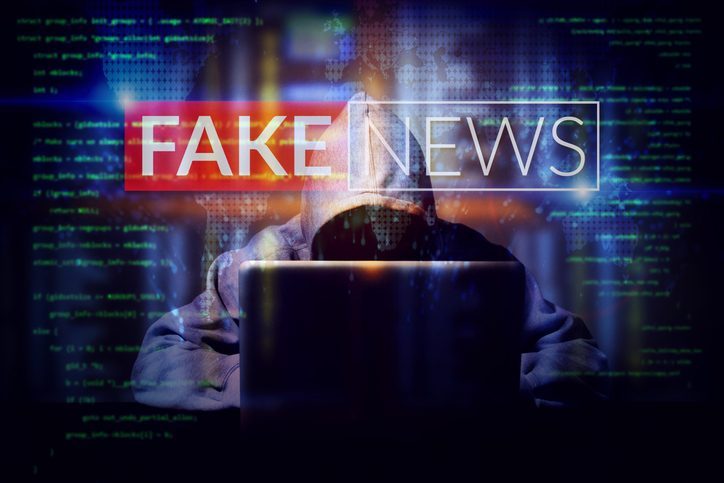In the report, names and details about the parties abetting the spread of fake news about Qatar funding terrorism.
French investigative journal ‘MediaPart’ has published an article which it says exposes the UAE’s bribing of international journalists to launch a continuous media defamation campaign against Qatar.
At the heart of this, was a series of stories that accused Doha of sponsoring and supporting terrorism, a claim that Qatar has consistently denied.
The articles centred on claims by Spanish journalist Raul Redondo that Qatar funded Hezbollah, and paid large sums of money to militants around the world.
Mediapart’s own investigation confirmed that the news disseminated through different international media outlets was nothing more than a collection of ‘fabricated and absurd lies’. The well known French outlet corroborated their statements through a detailed succession of sources.
Read also: 5 funniest fake news stories about Qatar
Raul Redondo, a journalist who works for Atalayar- a famous Spanish blog specialized in reporting on the Iberian Peninsula, the Maghreb and the Middle East- first published the fake news on July 19, 2020.
Redondo stated that the information was sourced from well-known German daily newspaper Die Zeit, which based its information on an alias it called ‘Jason G’. According to the story, ‘Jason G’ had documents which proved that a Qatari based charity was sending money to help arm Hezbollah with the blessings of the Qatari government. However no evidence was provided, nor was any information given to corroborate the claims.
Noteworthy is the fact that according to the Mediapart investigation, Atalayar has been the recipient of money and support from the Moroccan embassy in Madrid, which it describes as Atayar’s “main sponsor”.
Redondo’s work has had an aura of bias to it, for over a year he has published at least one article a day, all of which have either been critical of Qatar and its Iranian and Turkish allies, or lauding praise on Saudi Arabia, the United Arab Emirates and extreme right-wing parties in Europe.
Read also: Spygate: how the UAE and Saudi are using spyware to silence journalists
MediaPart explains in its report that “when the same lie is told by a large number of different sources, it is almost impossible for the slandered to know whom to defend against.”
Thus the lie continues to live on in an ongoing cycle: the information is untrue, but it does not disappear from the media scene.
Since before the 2017 illegal blockade on Qatar, there has been a systematic smear campaign orchestrated against Doha, much of which has been traced back to Abu Dhabi. The blockade itself was triggered by fake news stories and the hacking of the Qatar News Agency’s website. The signing of the Al-Ula declaration and the ensuing GCC reconciliation is supposedly meant to put an end to the media war that has raged on for years, however analysts believe that in reality this is unlikely.







